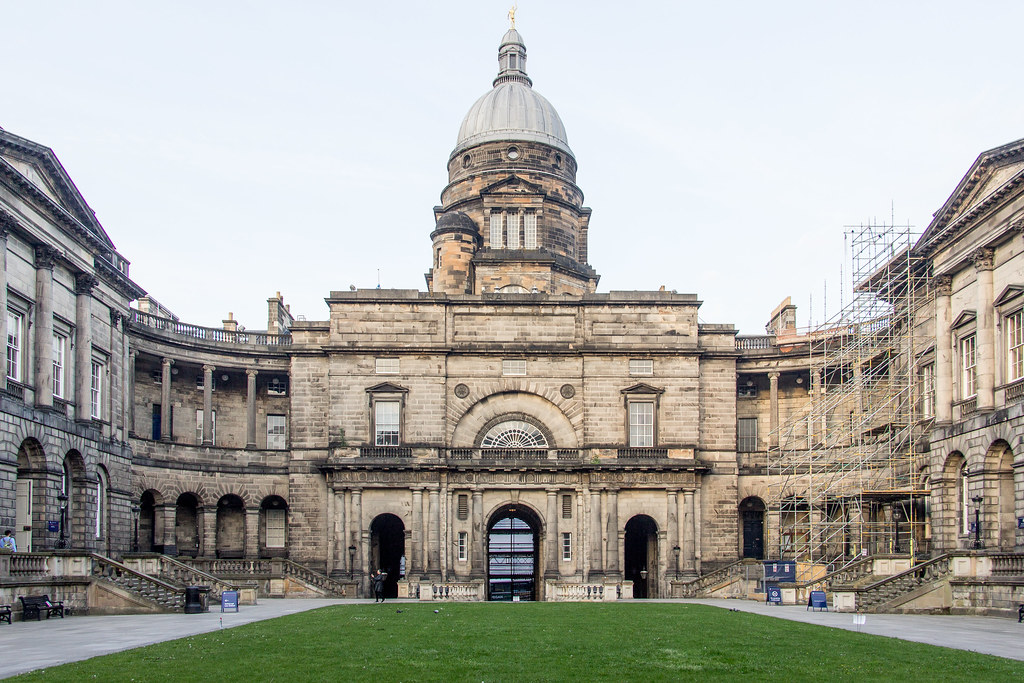The University of Edinburgh has recently announced plans to hire ‘critical readers,’ who will play a role in shaping the university curriculum.
These readers, who will be taken from the school of Languages, Literatures and Cultures, will be responsible for suggesting changes which will give greater prominence to writers and scholars who are from less represented groups.
The official job advertisement states that the role of critical readers will involve “reading and reviewing course and programme proposals,” as well as “discussing course and programme proposals in online meetings,” and “attending online meetings with the Board of Studies.”
This announcement comes amidst repeated calls for university curriculums to be updated in order to reflect Britain’s colonial past and give voices to historically marginalised groups.
This movement gained traction during the Black Lives Matter protests in the summer of 2020, and several petitions were created to encourage schools and higher education institutions to reform their curriculums.
Several universities have already made significant steps towards decolonising their curriculums. Keele University, for example, created a ‘Decolonise Working Group,’ in 2018 which released an eleven-point manifesto emphasising the importance of this movement and stating their intended aims.
It pointed out that, “decolonising is not just about bringing in minority ethnic writers and texts, but also how we read ‘traditional mainstream’ texts. Decolonising is far more nuanced than just replacing authors, and it is more than just the topics covered in a course.”
However, the number of universities who have decided to make such changes to their curriculums remains low.
A Freedom of Information request from the Guardian established that only 24 of the 128 universities who responded to the request said that they were committed to decolonising their curriculums, with others saying that they were choosing to focus on other kinds of curriculum reform.
In addition, only 36 universities said they were providing relevant staff training in these areas.
Furthermore, this commitment may only extend to certain schools – Queen Mary’s University of London told the Guardian that their decolonising efforts would remain within the school of English and Drama.
The response from students at the University of Edinburgh to the plans has been largely positive.
One fourth-year English Literature and Religion student told The Student:
“I’m so glad that the school of Languages, Literatures and Cultures are now taking the vital steps needed to decolonise their curriculum! It has been a long time coming but poses a significant amount of hope for the near future.”
When asked about the specific role, a spokesperson for the University of Edinburgh told The Student, “as an institution we are committed to addressing contemporary and historic inequalities with respect to areas including, but not limited to, race, gender, sexuality and disability.
“This pilot project, which is being undertaken within one School in the university, will temporarily employ four students to explore how the school’s current curriculum can engage students robustly, rigorously, and inclusively.
“The insights and experiences of our students have always been and remain a vital part of any process that helps the University be more reflective and inclusive of its diverse community.”
Image: Flickr

